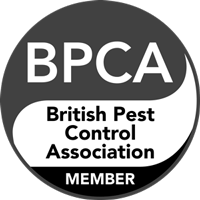Table of Contents
The Spring season brings warmer weather and longer days, but did you know it’s also the prime bird nesting season?
You can expect to notice more bird activity around your property during this time of year; maybe you’ve noticed nesting materials collecting around your building or perhaps an increase in bird droppings.
Unfortunately, bird control during the nesting season becomes much more difficult. Let’s take a closer look at the laws surrounding bird nesting season, what this means for bird controllers and how you can keep your property bird-free during this period.
When is bird nesting season?
A bird’s nesting season will vary from species to species, although Natural England officially defines bird nesting season in the UK as starting in February and running up until the start of August.
During this time frame, there is a peak season in which a large majority of birds will choose to nest, which runs from the beginning of March until the end of July. This is because they like to take advantage of the warmer weather and broader availability of nesting materials and food sources.
Interestingly, recent studies conducted by The British Trust for Ornithology show that climate change has impacted the nesting season of many birds. Compared to data from the 1960s, some bird species are nesting up to a month earlier than they used to.
Unfortunately, this means that the birds’ nesting season here in the UK is actually getting longer. While this may be great for bird watchers and enthusiasts alike, it also means an increase in bird-related issues, which is not great for the average home or business owner.
Where do birds nest?
Regardless of species, all birds will choose a location away from potential predators. When selecting a place to nest, it’s vital that it provides shelter and is close to potential food and water sources.
There are plenty of locations around the country that meet such minimal requirements, leaving birds with almost unlimited options for their nests.
Common bird nest locations include:
- Trees and high shrubbery
- Guttering
- Chimneys
- Ledges and windowsills
- Cavities in walls and buildings
- Commercial roofs
- Solar Panels
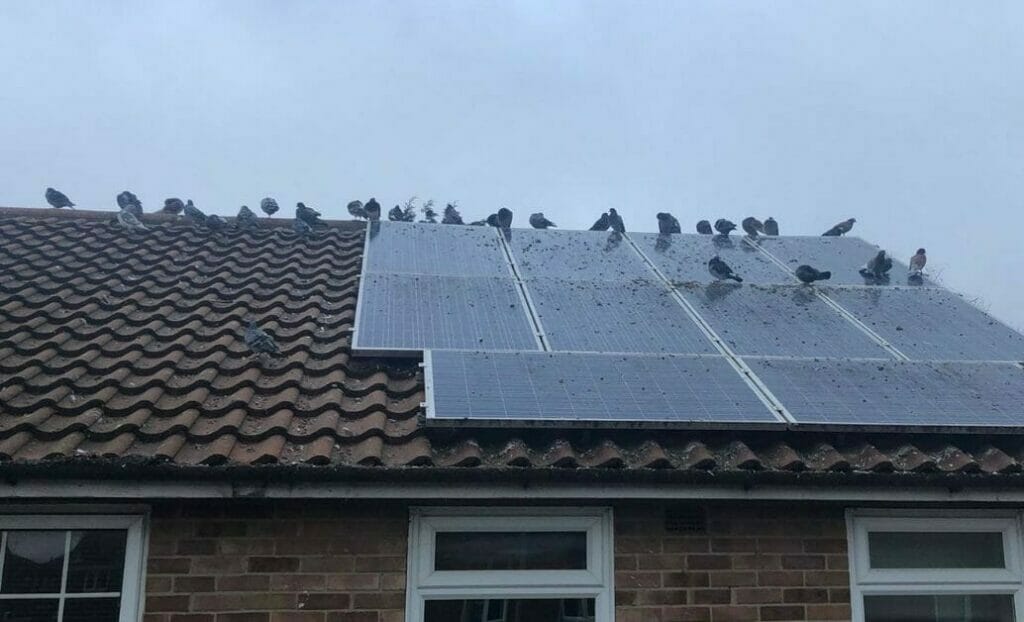
The commercial sector is hugely affected by bird’s nests year on year. Large open spaces like warehouses and plane hangars are prime targets for birds like pigeons and seagulls; however, their presence can cause many health and safety issues that will require intervention.
Why do birds nest?
Many people assume that a bird’s nest is just their equivalent to a house, though this isn’t technically correct. Typically an adult bird will not use their nest to sleep in.
So instead of a house, it’s more fitting to think about a bird’s nest as a baby’s crib. The primary purpose of a nest is to provide shelter and warmth for eggs to incubate and somewhere safe for the hatchlings to grow.
This is why the timing of the bird’s nesting season is pretty much exactly the same as that of the bird’s mating season. Almost all bird species here in the UK, apart from pigeons and doves who mate year-round, time the hatching of their young to occur during the warmer weather. By doing so, they help to drastically improve the chances of survival for their young.
Issues caused by bird nests
Birds nesting on private property can lead to a number of problems, each with varying degrees of severity. The impact of such issues alters depending on the property type, i.e. whether it’s a domestic residence, a public building or a commercial workplace.
Bird Droppings
Bird droppings cause numerous problems, and unfortunately, wherever birds nest, there will always be a high volume of guano. Droppings on the floor are extremely slippery, creating a serious health and safety risk for your loved ones at home or your employees in the workplace.
Bird guano is also known to carry over 60 diseases, like Histoplasmosis, Candidiasis and Salmonella, that, when ingested, can lead to serious health complications and even death.
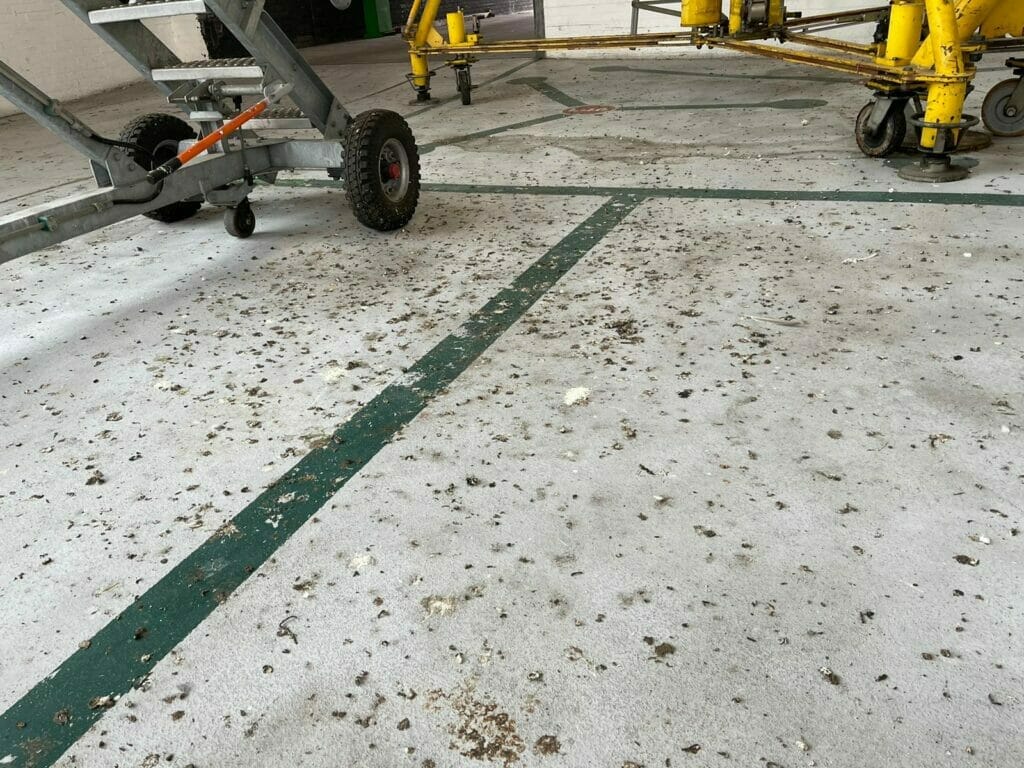
As if this wasn’t enough, bird droppings are also highly acidic. Over time as the droppings build up and remain in situ, they can lead to severe structural damage, corroding away steel beams, guttering and ledges.
Do you require a bird dropping removal service?
Nesting Materials
Birds build their nests from sticks, moss, straw, droppings, litter and even hair. So if they’re nesting on your property, they are bringing all of this material with them.
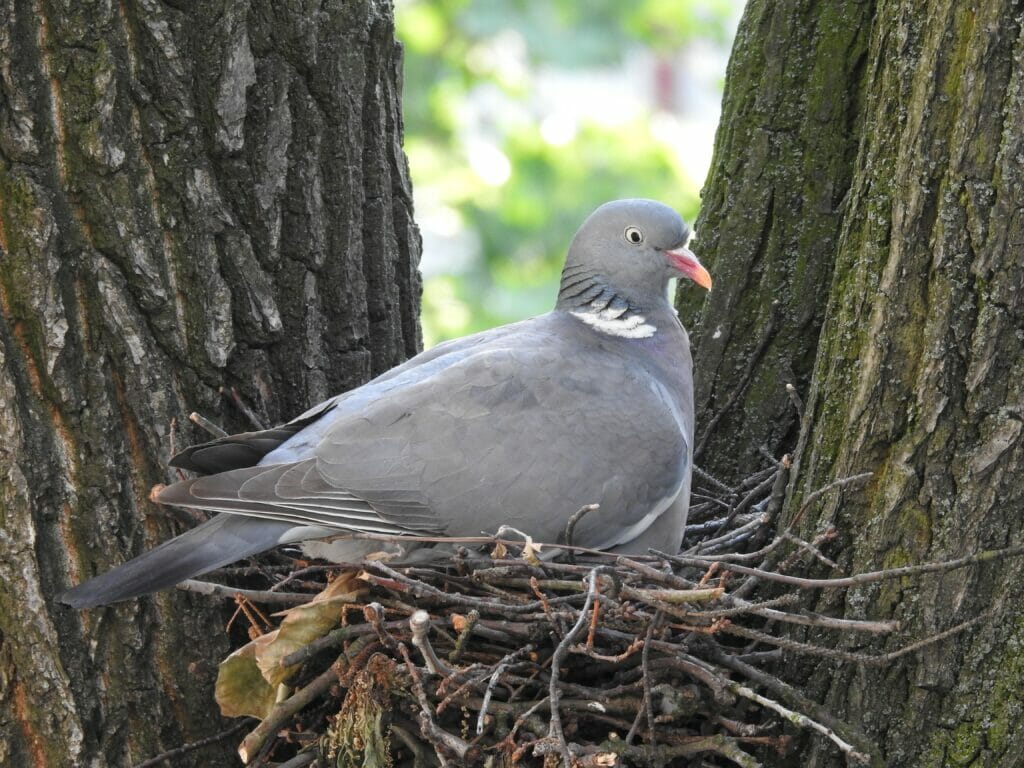
In domestic properties, where birds make their nests along the roofline or under your solar panels, these materials quickly end up in your gutters thanks to gusts of wind and rain. Failure to clean these out can lead to serious blockages, and costly repairs may be required.
In commercial locations, like warehouses, for example, these nesting materials can end up blocking vital ventilation systems. Plus, if there are droppings within the materials (which is highly likely), the diseases they contain will be spread to a majority of workers.
Additionally, pigeons often build their nests on electric lights, signs and even machinery. As these items heat up during use, the dried nesting materials propose a serious fire hazard that could be devastating for your business.
Can you remove bird nests on your property?
This is one of the most commonly asked questions surrounding bird control – and there’s no surprise when you look at the damage and disturbances that bird nests can cause.
Disturbing nests could result in injury or even death of wild birds and their young. So, unfortunately, bird nests cannot be moved or destroyed while they’re being built or still actively in use.
There are, however, special exceptions in which general licences can be granted to bird control professionals, allowing them to move or destroy a nest that is causing problems. To learn more about these licences, please visit our in-depth guide on How to Get Rid of Pigeons.
Bird Nests and the Law
Many homeowners are completely unaware of the laws surrounding bird nests, or perhaps they underestimate the consequences they could face due to tampering with them.
All wild birds and their nests are protected by law. Under Section 1 of the Wildlife and Countryside Act (WCA) 1981, if any person intentionally:
- kills, injures, or takes any wild bird
- takes, damages or destroys the nest of any wild bird while that nest is in use or being built
- takes or destroys an egg of any wild bird
Then they shall be guilty of an offence.
As well as this, if any person intentionally or recklessly:
- disturbs any wild bird while it is building a nest or is in, on, or near a nest containing eggs or young
- disturbs the dependant young of such a bird
Then they shall be guilty of an offence.
If you’ve noticed an active bird’s nest on your property, then it must be left alone by law. Tampering, moving and destroying the nests of wild birds can result in a criminal conviction and hefty fines.
This also includes removing and cutting down any trees or shrubbery without first checking for the presence of a bird’s nest. If you fail to check and end up destroying a nest, then your behaviour shall be considered reckless and will constitute an offence.
It’s also important to note that protection of nests begins as soon as a bird carries and places a singular twig!
If you have a bird’s nest causing serious problems at home or in the workplace, the best course of action is to contact a professional bird control company – like Integrum.
With years of experience in controlling nuisance birds, we know the laws inside and out, meaning everything will be carried out safely and legally. So, don’t risk attempting it yourself and committing a criminal offence; contact us today for help.
How to prevent birds from nesting on your property
The most effective bird control solution is to prevent them from ever nesting on your property in the first place! In doing so, you will avoid all of the damage and nuisance they cause and evade any accidental criminal convictions for disturbing them.
Firstly, removing all potential nesting materials from your property, if possible, it can be highly effective at deterring birds from building their nests. The same goes for water sources; birds obviously need water to survive, and they will choose locations nearby to water sources.
There are numerous bird control solutions that will help to deter birds from building their nests on your property, including:
- Bird Spikes
- Bird Netting
- Avishock Electrick Track
- BirdAlert
- Post & Wire Deterrents
- Pigeon-Proofing Solar Panels
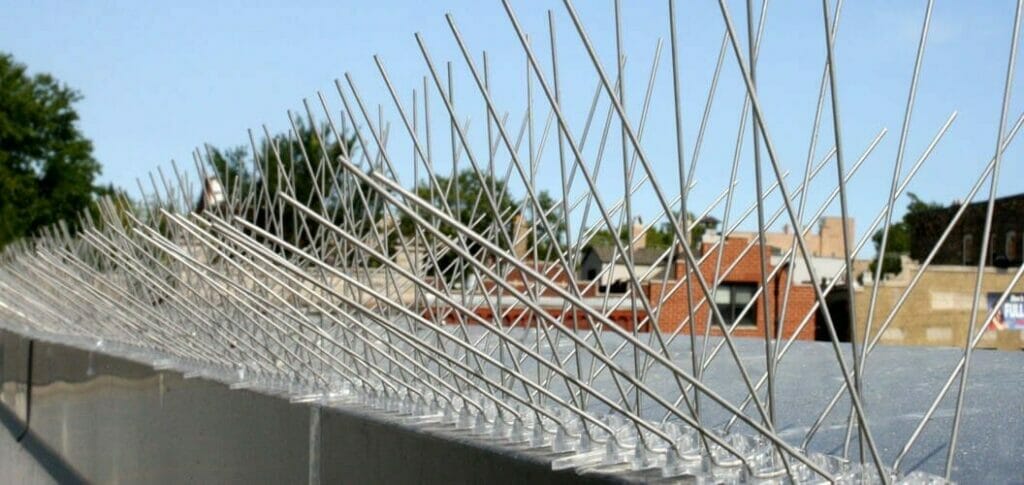
Make sure to use the services of a trusted and fully-licensed pest controller when implementing such techniques. Here at Integrum, we are proud to offer expert bird proofing and bird control services for pigeons, seagulls, and more.
Our expert technicians are all fully qualified with the BPCA and have years of experience with both domestic and commercial bird control projects. Our skilled team operate across all London boroughs and the South East of England; keeping your homes and businesses bird-free for good.
If you’ve noticed signs of birds nesting on your property, then call our friendly customer service team today on 0204 566 5522, use our live chat function or email us at [email protected] to stay legally compliant during bird nesting season.




